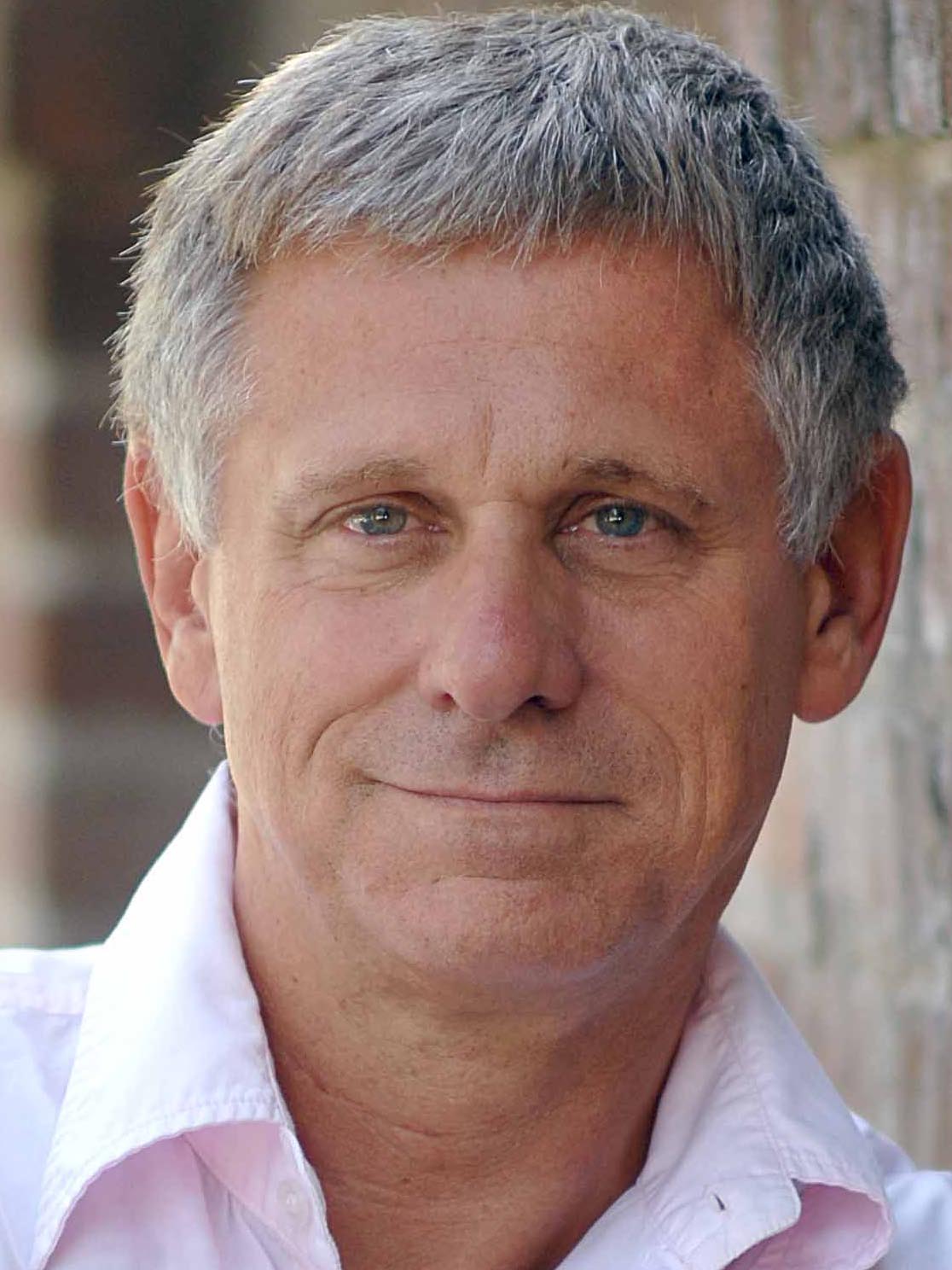Health trends 2013: Male ‘menopause’ comes out of the closet
Women have long dealt with menopause and all the variety of symptoms it can bring. But men go through that change of life experience too, it’s just not as evident because men do not menstruate.
Andropause – the “male menopause” – is finally coming out of the shadows of passages of life changes for men, and doctors are specializing in treating the male patient just as a gynecologist would treat a female patient, with hormone boosters, diet advice and exercise recommendations.
Andropause is a clinical syndrome seen in men, associated with advancing age and manifested with symptoms related to lowered testosterone (male hormone) levels.
Doctors are divided on how many men actually experience a noticeable condition, some ranges are from 12 per cent in men between 40 and 70 years of age and upward. These cases of andropause increase with diabetic or obese men.
Dr. Damon Raskin, a frequent contributor to Monsters and Critics, is an expert on the subject. He is the supervising doctor for Ageless Men’s Health, a nationwide facility dealing with men’s health and anti-aging issues.
Dr. Raskin is also a Los Angeles based Internist who also sub-specializes in addiction issues with prestigious residential rehabilitation facility, Cliffside Malibu.
Dr. Raskin sees symptoms that are directly due to a decline in testosterone levels. Testosterone declines at a rate of one per cent annually between the ages of 40 and 70 years. However, the decline may be seen earlier.
Testosterone has many beneficial effects in men (and women to a lesser extent) and this is not isolated to sexual functions only. It aids in memory and cognitive functioning. It regulates bone density and strength and reduces osteoporosis. It helps in the production of facial and body hair, maintains muscle mass and strength. It helps with production of red blood cells in the bone marrow so that men aren’t anemic and it is responsible for the sex drive and libido.
Testosterone loss through the natural aging process causes andropause to manifest with abnormalities of these functions.
Many men with andropause have reduced energy and motivation and express depressive symptoms. Typically, Dr. Raskin sees men who complain of reduced libido or sex drive and have diminished interest in sexual activity. They may notice that their erections are fewer and weaker. Some men notice a tenderness of the breast and loss of body or facial hair, and even hot flashes, similar to those seen in women in menopause. Weight gain and obesity may be associated with this condition.
Andropause can put men at risk for cardiovascular diseases such as a heart attacks. This is because of its association with obesity and high cholesterol and sugar levels. This is an area of great research interest.
Dr. Raskin says, “Andropause can be identified and treated. Men should not suffer in silence. Let your doctor know if you have any of the symptoms mentioned.”
The top five signs to look for are:
Decreased libido and decreased erectile function
Fatigue and loss of energy
Depressed or low mood
Decreased muscle mass/increase body fat and a loss of strength
A loss of body hair
“Andropause symptoms can include fatigue, low libido, erectile dysfunction, loss of body hair, decrease in muscle mass, and depression. But this condition can be treated with testosterone gels, patches or shots,” says Dr. Raskin.

